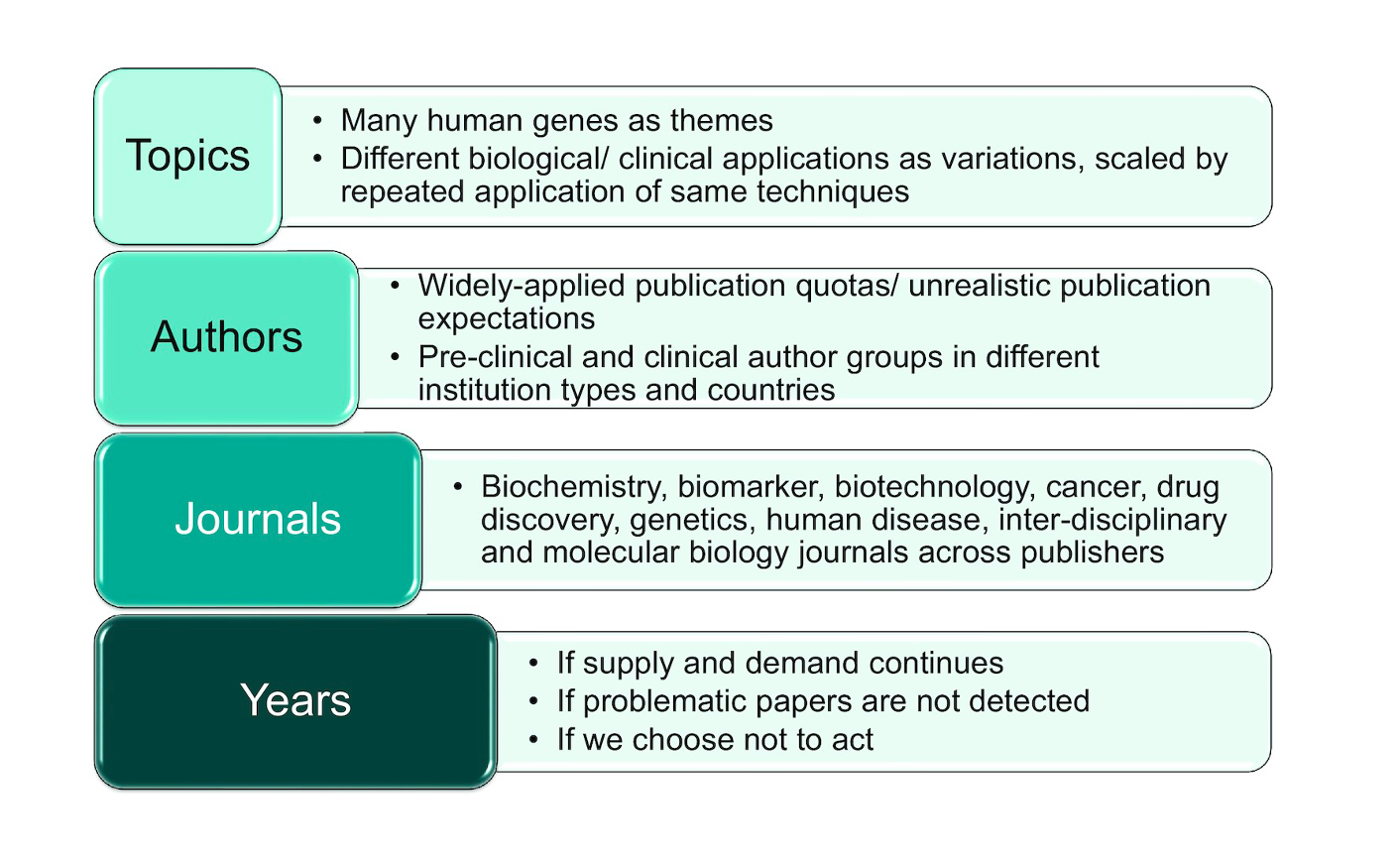Quantitative Studies of Science
Identifying Opportunities for Fundamental Discoveries
Because science is challenging, scientists often gravitate toward making the less complicated discoveries initially. A few years ago, Thomas recognized that this tendency could be used to accurately predict the number of publications on human protein-coding genes (see Stoeger et al., PlosBiology, 2018; Stoeger et al., eLife, 2020). He then pinpointed research fields, such as aging, and training opportunities to disrupt these patterns (see Stoeger al., PlosBiology, 2022). His contributions in this area have been featured by multiple media outlets, including The Scientist, The Economist, and The New York Times.
History of Genome Research
While genome research seems more receptive to novel research avenues (see Stoeger et al., PlosBiology, 2022), a noticeable disconnect persists between large-scale and small-scale gene research (see Ratti et Stoeger, Minnesota Studies of the Philosophy of Science, in press). For example, we recently discovered that half of the genes associated with Alzheimer’s disease through unbiased data from a significant initiative of the National Institute on Aging haven't been further explored in smaller-scale studies (see Byrne et al., Nucleic Acids Research, 2022). We believe that a deeper understanding of the history of genome research could help bridge these gaps, opening more avenues to enhance human health. .
The “Gustav” Knowledge Base
Our lab has assembled and harmonized a comprehensive knowledge base dedicated to genes and related biological information. Currently, it encompasses over 300 resources and 80,000 experiments. We've named it after Gustav Eisen, an unparalleled curator in the field of biology. We are eager to share components of Gustav that aren't restricted by licensing agreements.
Research Integrity
Our efforts in data and literature integration have fostered a collaboration with Prof. Jennifer Byrne from the University of Sydney. While our work continues, we're increasingly alarmed by research paper mills—contract cheating organizations that churn out fraudulent or subpar research (see Byrne et al., Nucleic Acids Research, 2022).



